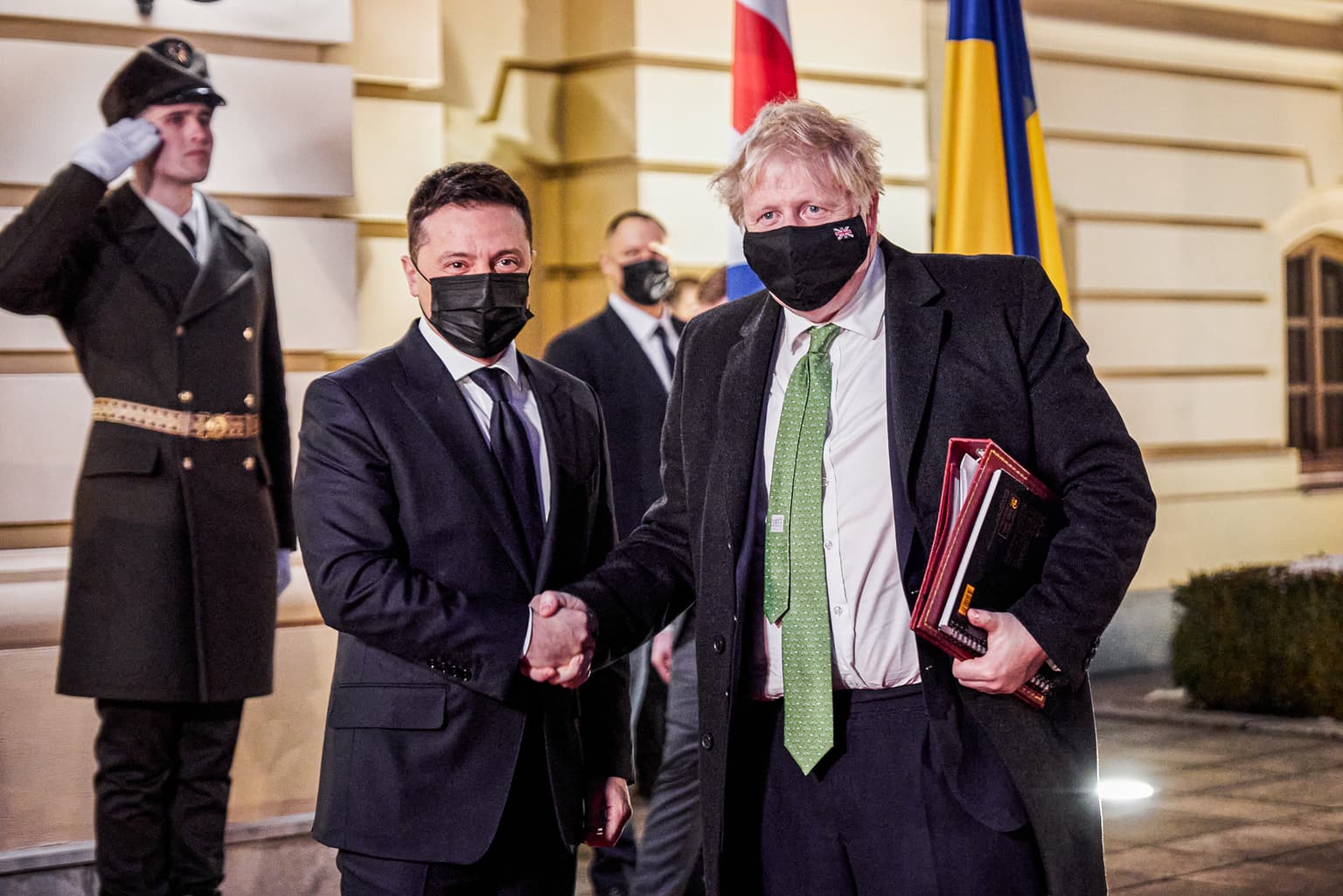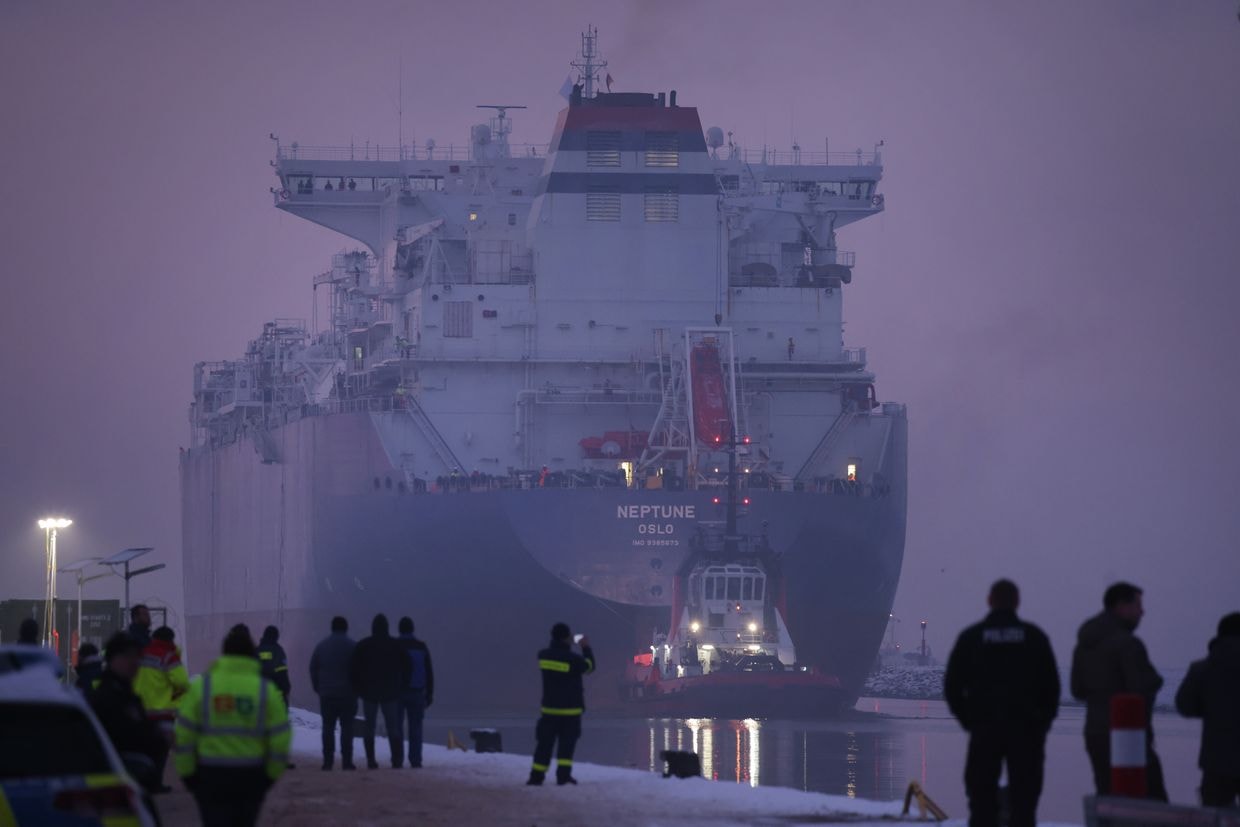UK provides Ukraine with $120 million in financial aid

Ukraine is set to receive an additional $120 million in foreign aid from the United Kingdom in support of the country's “stable governance” and “energy independence,” according to a Feb. 1 statement by the British government.
The announcement comes amid U.K. Prime Minister Boris Johnson’s visit to Kyiv, where he is scheduled to talk face-to-face with President Volodymyr Zelensky and other top government officials.
The financial aid is part of the U.K’s “Good Governance Fund,” which is intended to build stability, reduce poverty, and increase prosperity in Ukraine and other eastern and central European nations.
This fresh funding for Ukraine comes amidst the backdrop of Russian military escalation. Since November, Russia has amassed over 120,000 troops along Ukraine’s eastern border, threatening Ukraine’s territorial integrity. It now demands that Ukraine be refused NATO membership, as well as for a reduced NATO presence in Eastern Europe.
The official U.K. press release notes that the British government has “long been a staunch supporter of Ukrainian sovereignty.” The funding is intended to reduce Ukraine's dependence on Russian fuel and strengthen anti-corruption infrastructure, as well as help “resist malign and anti-democratic” influences from Russia.
Over the last several months, the U.K. has significantly supported Ukraine in its economic development, as well as the defensive and offensive capabilities of the country's military.
In response to the growing Russian escalation, Britain has stepped up its naval cooperation with Ukraine. Ukraine will now receive a loan of $2.3 billion from the United Kingdom in order to procure new warships and improve key naval infrastructure.
The U.K. also provided Ukraine with 2,000 NLAW systems, the short-range anti-tank missile launchers, as part of the U.K.’s updated assistance package.
Over the last seven years, the U.K has also committed its forces to train and advise over 22,000 Ukrainian soldiers.
There are around 100 British soldiers in Ukraine currently engaged in training and advisory roles, as well as 30 elite special forces troops, and surveillance aircraft. This, however, could further expand as Johnson has warned of a potential major NATO deployment in solidarity with Ukraine.
The European Union has also increased its economic support for Ukraine in response to Russian aggression. In a post on Twitter on Feb. 1, European Commission President Ursula von der Leyen stated that the EU had approved the allocation of an additional $1.3 billion in financial assistance to Ukraine, adding that "the EU stands by Ukraine."
The funds will be made available to Ukraine on the condition that it continues its cooperation with the International Monetary Fund.
On Feb. 1, Boris Johnson will sit down for further talks with Zelensky. They are expected to discuss the tensions on Ukraine’s borders and measures to deter Russian aggression.










